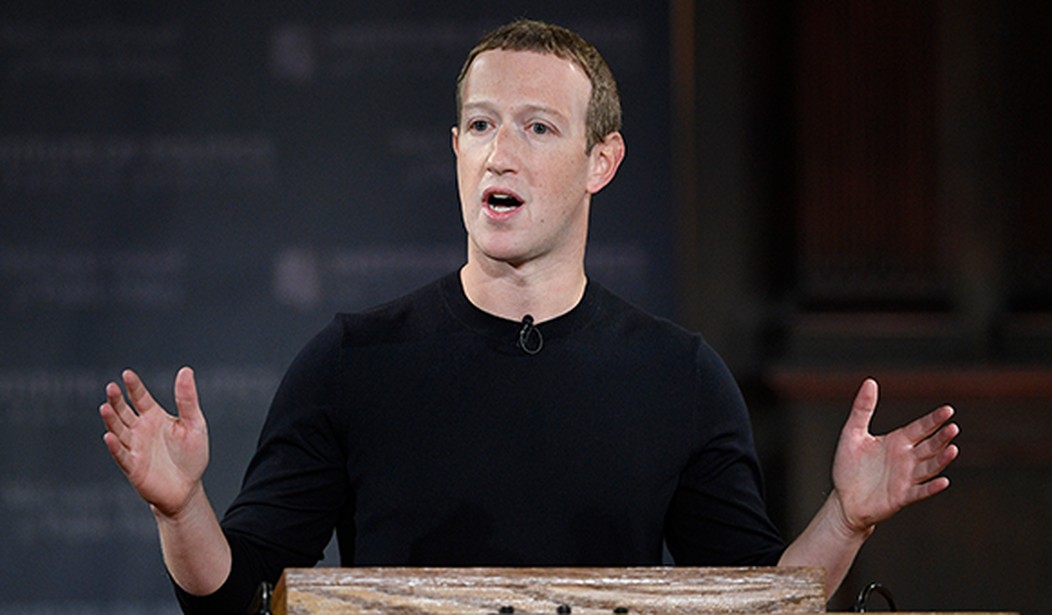Facebook CEO Mark Zuckerberg on Tuesday broke his silence about a whistleblower's testimony, in which the company was accused of prioritizing profits over the wellbeing of its users, by alleging that a "false picture" of the social media giant was being painted.
"Now that today's testimony is over, I wanted to reflect on the public debate we're in," Zuckerberg said in a Facebook post that was also sent to company employees. "I'm sure many of you have found the recent coverage hard to read because it just doesn't reflect the company we know. We care deeply about issues like safety, well-being and mental health. It's difficult to see coverage that misrepresents our work and our motives. At the most basic level, I think most of us just don't recognize the false picture of the company that is being painted."
Zuckerberg's comments come after Frances Haugen, a former Facebook product manager who leaked thousands of internal documents about the company, testified Tuesday at a Senate Commerce subcommittee hearing, where she alleged that the tech giant's products "harm children, stoke division and weaken our democracy."
Haugen also accused Facebook of relying too heavily on artificial intelligence in its effort to combat hate speech, misinformation and inappropriate ads for minors, and that the company's AI systems would only catch, at best,10 to 20 percent of banned content.
Recommended
Zuckerberg further responded to Haugen's testimony by lauding Facebook's "industry-leading" research that he says helps the company to ensure transparency and understand "important issues," which include the safety and wellbeing of the platform's users. He also rejects the notion that his company should be blamed for society's polarization.
"If social media were as responsible for polarizing society as some people claim, then why are we seeing polarization increase in the US while it stays flat or declines in many countries with just as heavy use of social media around the world?" he asks.
The billionaire CEO took particular issue with the claims that Facebook is detrimental to children, emphasizing that "it's very important to me that everything we build is safe and good for kids."
He praised the company's work in creating a safe environment for children through its launch of Messenger Kids.
Zuckerberg also expressed his support for updated internet regulations regarding elections, harmful content, privacy, and competition.
He went on to say that it is "disheartening" to see Facebook's work "taken out of context and used to construct a false narrative."
"I know it's frustrating to see the good work we do get mischaracterized, especially for those of you who are making important contributions across safety, integrity, research and product," Zuckerberg said. "But I believe that over the long term if we keep trying to do what's right and delivering experiences that improve people's lives, it will be better for our community and our business."
But in her testimony Tuesday, Haugen said that Facebook’s counterespionage team could only tackle about a third of cases regarding harmful content at any given time.
"We know that if we built even a basic detector, we would likely have many more cases," she said.

























Join the conversation as a VIP Member